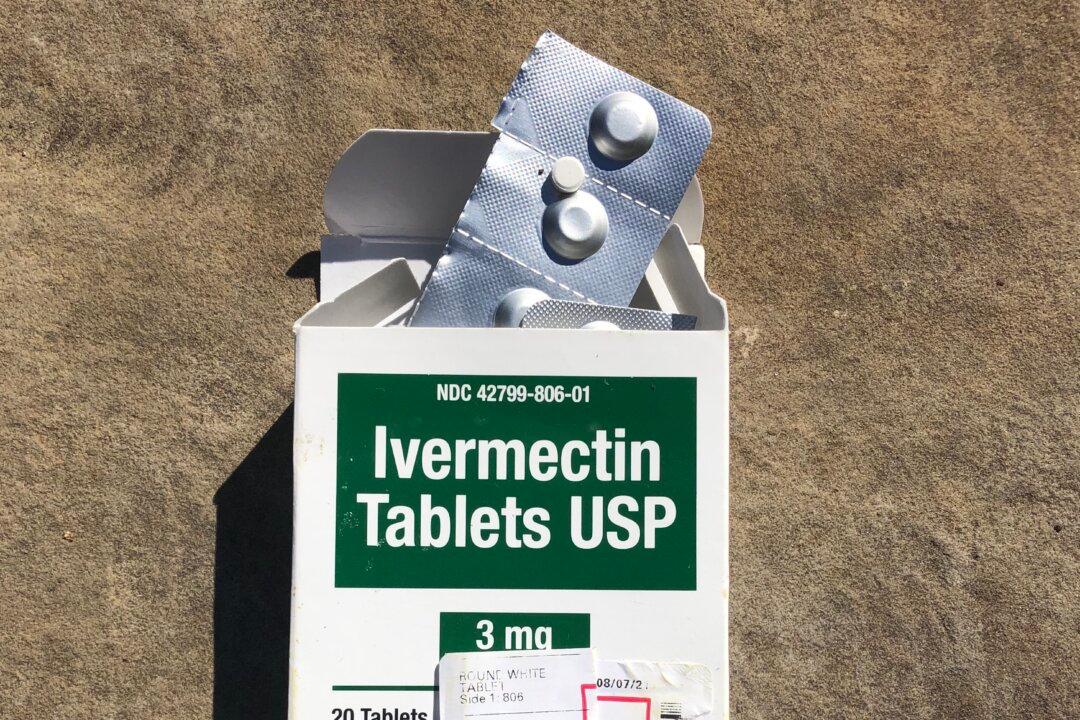Australian medical practitioners can now prescribe ivermectin to patients under new rules confirmed by the nation’s therapeutic goods authority.
The Therapeutic Goods Administration (TGA) announced on May 3 that the prescribing of oral ivermectin will no longer be limited to specialists such as dermatologists, gastroenterologists, and infectious diseases specialists.





